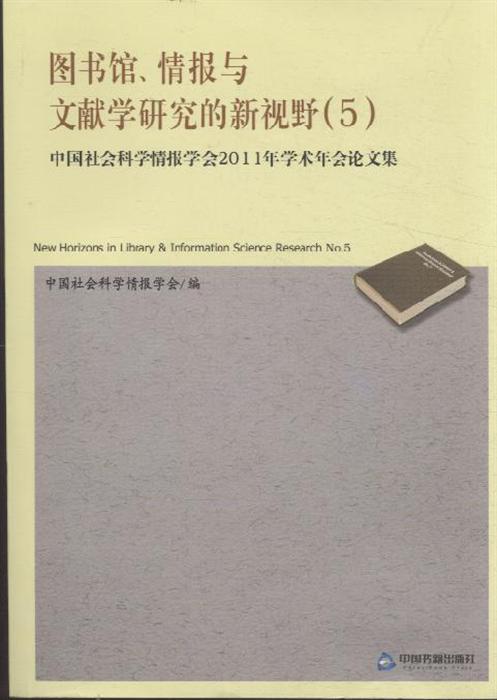图书馆学概论第四版pdf
```html
Research Paper on Library Science
Library science is a multidisciplinary field that encompasses various aspects of information management, organization, and dissemination. Research in this field often explores topics such as library management, information retrieval, digital libraries, and the role of libraries in society. This paper aims to provide insights into key trends and developments in library science through a review of current literature and research.
Libraries have long been recognized as essential institutions for preserving and providing access to knowledge and information. With the advent of digital technologies, libraries are undergoing significant transformations in terms of their roles, services, and infrastructures. Understanding these changes and their implications is crucial for library professionals, policymakers, and researchers alike.
1. Digital Libraries: The emergence of digital libraries has revolutionized the way information is stored, accessed, and disseminated. Digital libraries offer numerous advantages, including greater accessibility, scalability, and preservation of materials. Research in this area focuses on topics such as digital preservation, metadata standards, and user interfaces.
2. Information Retrieval: Effective information retrieval is essential for ensuring that users can locate relevant resources efficiently. Research in information retrieval encompasses areas such as search algorithms, user behavior analysis, and relevance ranking techniques.
3. Library Management: Library management involves various activities, including collection development, cataloging, circulation, and user services. Recent research in this area explores strategies for improving library workflows, enhancing user experiences, and optimizing resource allocation.
4. Open Access: The open access movement advocates for unrestricted access to scholarly research and literature. Research in this area examines the impact of open access initiatives on scholarly communication, publishing models, and knowledge dissemination.
5. Information Literacy: In an age of information overload, information literacy has become a critical skill for navigating and evaluating information effectively. Research in information literacy addresses topics such as curriculum development, instructional methods, and assessment strategies.
While library science continues to evolve, it faces several challenges and opportunities:
1. Funding: Libraries often struggle with limited funding, which can hinder their ability to innovate and meet the evolving needs of users. Finding sustainable funding models is crucial for ensuring the longterm viability of libraries.
2. Technological Change: Rapid advancements in technology require libraries to continually adapt and upgrade their systems and services. Embracing emerging technologies while addressing digital divide issues is essential for ensuring equitable access to information.

3. Information Ethics: With the proliferation of fake news and misinformation, libraries play a crucial role in promoting information literacy and ethical information practices. Educating users about the importance of critical thinking and responsible information sharing is imperative.
4. Collaboration: Collaboration among libraries, institutions, and stakeholders is essential for addressing complex challenges and leveraging collective expertise and resources. Partnerships can facilitate knowledge sharing, resource sharing, and collaborative initiatives.
5. Diversity and Inclusion: Libraries must strive to be inclusive spaces that serve diverse populations and foster cultural understanding and appreciation. Promoting diversity in collections, services, and programming is essential for ensuring equitable access to information for all.
Library science is a dynamic and evolving field that plays a vital role in preserving knowledge, promoting information access, and fostering lifelong learning. By staying abreast of key trends, addressing challenges, and embracing opportunities, libraries can continue to serve as indispensable resources for individuals and communities worldwide.